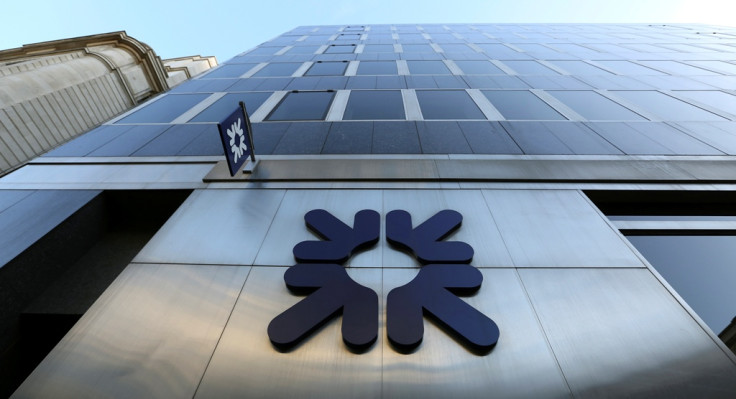RBS Imposes Mortgage Affordability Cap to Quell London Housing Boom

Taxpayer-owned Royal Bank of Scotland is the latest financial institution to self-impose a mortgage cap in a bid to tackle the rapid house price growth in London.
From the end of June, banks under the RBS group will only lend out an amount four times the mortgage applicant's earnings on loans of over £500,000. The loan term on lending of over that amount will by default be 30 years.
"We are focused on looking after the interests of our customers and ensuring that they only take on mortgage lending that they can afford," said an RBS and NatWest spokeswoman.
"We are committed to helping first-time buyers and supporting the Help to Buy schemes as a step on to the housing ladder for those with small deposits and the ability to afford their mortgage repayments."
She added that tighter affordability tests were something RBS had been contemplating for a while and are "not a kneejerk reaction". There will be no retrospective assessment of recent borrowing that would have fallen foul of the new rules.
RBS, which had £100bn ($167bn, €123bn) in mortgage loans on its books at the end of May, said it would affect around 2.6% of its lending in London and just 0.5% outside of the English capital.
It follows a similar move by Lloyds Banking Group, which is also part-owned by taxpayers after a financial crisis bailout.
House prices in London are rocketing. The Office for National Statistics (ONS) said the average price of a London home hit £459,000 in the year to March 2014, a 17% increase. That compares to an 8% rise for the whole of the UK to an average property price of £252,000.
As a result of London's sharp increase in house prices, borrowers are taking on substantially larger mortgages to buy homes in the city.
There are concerns that some people are stretching themselves financially by taking on bigger mortgages.
While this is not a problem because interest rates are currently cheap, when the Bank of England hikes its base rate from the record-low 0.5%, mortgage repayment costs will rise – with the potential to spark defaults.
At the end of April, the Financial Conduct Authority (FCA) forced mortgage lenders to conduct stricter affordability tests on borrowers to rein in riskier lending.
© Copyright IBTimes 2025. All rights reserved.






















